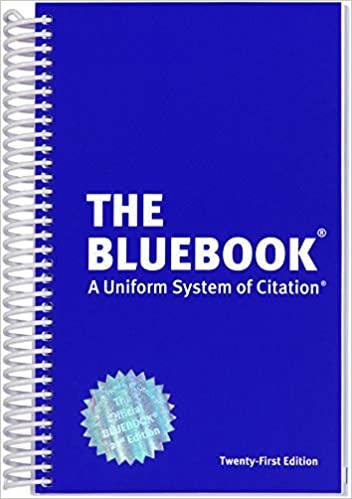Question
Crawford and his wife went to a man's apartment, where a fight broke out between Crawford and the man. The man was stabbed during the
Crawford and his wife went to a man's
apartment, where a fight broke out between
Crawford and the man. The man was stabbed
during the fight, after which he called the
police. Crawford was arrested later that night.
The police interrogated him and his wife sepa-
rately. Crawford claimed that the man had
attempted to rape his wife and that he acted
in self-defense. His wife's story, which the
police tape-recorded, did not match his.
Crawford was eventually tried and convicted
of attempted murder. State law where he
lived did not allow one spouse to testify in a
"criminal case against the other spouse without
that spouse's consent. Crawford did not agree
to have his wife testify at his trial. However,
the prosecutor played a tape-recording of
what she told police. On appeal, Crawford
argued that use of this tape recording violated
his Sixth Amendment right to confront a
witness against him because there was no
way to cross-examine the recording."
CHAPTER 14 Criminal Justice Process: The Trial
Problem 14.3
"The tape-Recorded Witness Statement on page 169."
a. What are the strongest arguments for Crawford?
b. What are the strongest arguments for the state?
c. How should this case be decided?
Step by Step Solution
There are 3 Steps involved in it
Step: 1

Get Instant Access to Expert-Tailored Solutions
See step-by-step solutions with expert insights and AI powered tools for academic success
Step: 2

Step: 3

Ace Your Homework with AI
Get the answers you need in no time with our AI-driven, step-by-step assistance
Get Started


